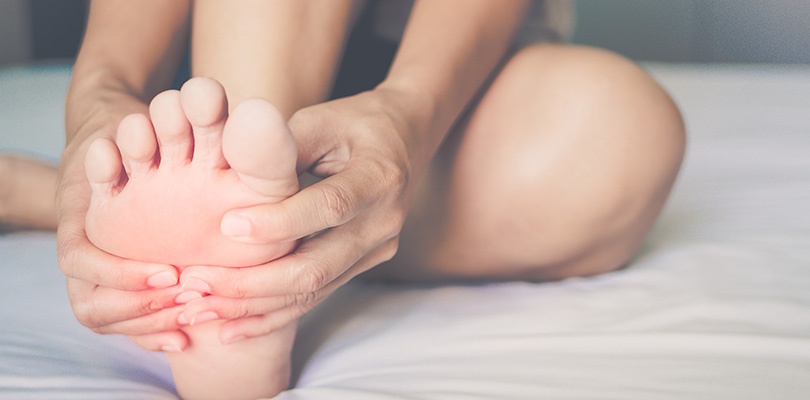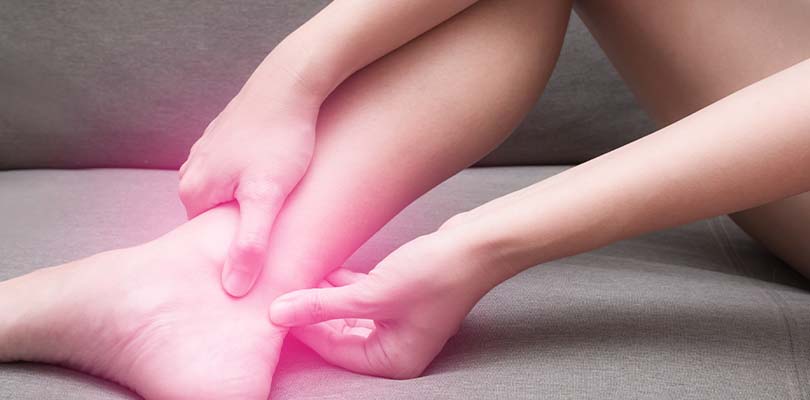Photo Credit: Ismailciydem / iStockPhoto.com
Why Does My Jaw Hurt?
If you are experiencing jaw pain, there are several reasons you may be suffering. Sometimes the pain may be an emergency; other times there may be reasons that, while annoying, are not life-threatening.
Heart Attack
A heart attack is always an emergency. If you have jaw pain, especially with other symptoms, ruling out a heart attack is essential.
Symptoms of a heart attack include:
- Pressure, tightness, pain or a squeezing sensation in the chest that may radiation to the arms or jaws
- Nausea, heartburn or abdominal pain
- Fatigue
- Lightheadedness
- Shortness of breath
Not everyone who has a heart attack has these symptoms. The symptoms may be sudden or gradual — some people may have symptoms for several days or even weeks prior to their heart attack.
If you think your jaw pain is associated with a heart attack, call 911 for emergency medical assistance immediately.
Teeth Grinding
A much more benign cause of jaw pain is teeth grinding, also called bruxism. Teeth grinding is the clenching of the teeth without chewing. The problem with teeth grinding is that often we don’t know we’re doing it, especially if we sleep alone!
Symptoms of teeth grinding (aside from the actual grinding of the teeth) include flattened and worn teeth with worn teeth enamel, jaw pain and facial pain with associated tightness of the jaw, an earache, and a dull headache in the temples.
While there is no known cause of bruxism, it may be linked to stress; during times of high stress, we may be more likely to grind our teeth. In addition, it may be in response to disease; it may be a side effect of stomach acid reflux from the esophagus, an ear infection in children, or a complication of Huntington’s disease or Parkinson’s disease.
Bruxism can be treated using several different approaches. A dentist may treat it with splints, which keep the teeth aligned during sleep and prevent teeth grinding. In addition, correction of alignment using braces or oral surgery may be indicated.
A doctor may use muscle relaxants at bedtime temporarily. Botox can be used for people who do not respond to conventional methods. Therapy may be indicated for people who suffer from bruxism related to stress.
ALS, also known as Lou Gehrig’s disease, is a debilitating, progressive condition that destroys the lines of communication between nerves and muscles.
Temporomandibular Disorder (TMD)
TMD affects the temporomandibular joint, the large joint of the jaw. TMD causes pain of the jaw and clicking of the jaw when opening it or chewing. It is believed that TMD is caused by problems with the muscles of the joint, or the muscle itself.
However, injury to the jaw may also cause TMD, as can bruxism, arthritis in the jaw and stress.
Typical symptoms include clicking and popping of the jaw along with jaw pain. Other symptoms include a jaw that gets “stuck” open, facial fatigue, swelling of the face and difficulty chewing.
Although there are home therapies for TMD, often effective treatment for TMD requires treatment by a dentist and/or doctor. A doctor may prescribe medications such as NSAIDs to reduce pain and swelling, anti-anxiety medications if stress is exacerbating the problem, and muscle relaxants to release muscle tension.
A dentist may order a splint or night guard to prevent bruxism and clenching of the jaw, which can worsen TMD. A dentist may also perform dental work, such as replacing missing teeth and using crowns to correct a bite problem.
Surgery may be indicated for TMD if other treatments do not prove effective. There are three types of surgeries available for TMD:
- Arthrocentesis is used if you have no history of TMDs but the jaw has locked. This is done on an emergent basis but is minimally invasive and can be done in an office if the dentist is able to administer anesthesia.
- Arthroscopy is also minimally invasive and is done under general anesthesia. It uses an arthroscope to examine the jaw, then remove inflamed tissue and/or repair the joint.
- Open-joint surgery is used if other surgical options are not available. This could be necessary if the joint is scarred or there are tumors around the joint.
Dental Conditions
Gum disease or cavities may indirectly cause jaw pain, as may damaged teeth and teeth with gaps. Gum disease and cavities will cause issues with the teeth themselves, and pain may radiate to the jaw. Damaged teeth or teeth with gaps can indirectly cause jaw pain due to the stress of pressure exerted on the jaw during biting and chewing.
Proper dental hygiene can prevent these conditions from occurring; this includes adequate home care of the teeth with regular dental visits.
Abscessed Tooth
An abscessed tooth is bound to cause significant jaw pain. This occurs when the dental pulp becomes infected, often resulting from an untreated cavity. The bacteria from the cavity then spreads, which causes jaw pain.
Preventing an abscess is the best treatment; this can be done by regular dental visits and treating cavities immediately.
Although not all causes of jaw pain are emergent, it is best to have jaw pain evaluated immediately by either a doctor or dentist to determine the best course of action.







